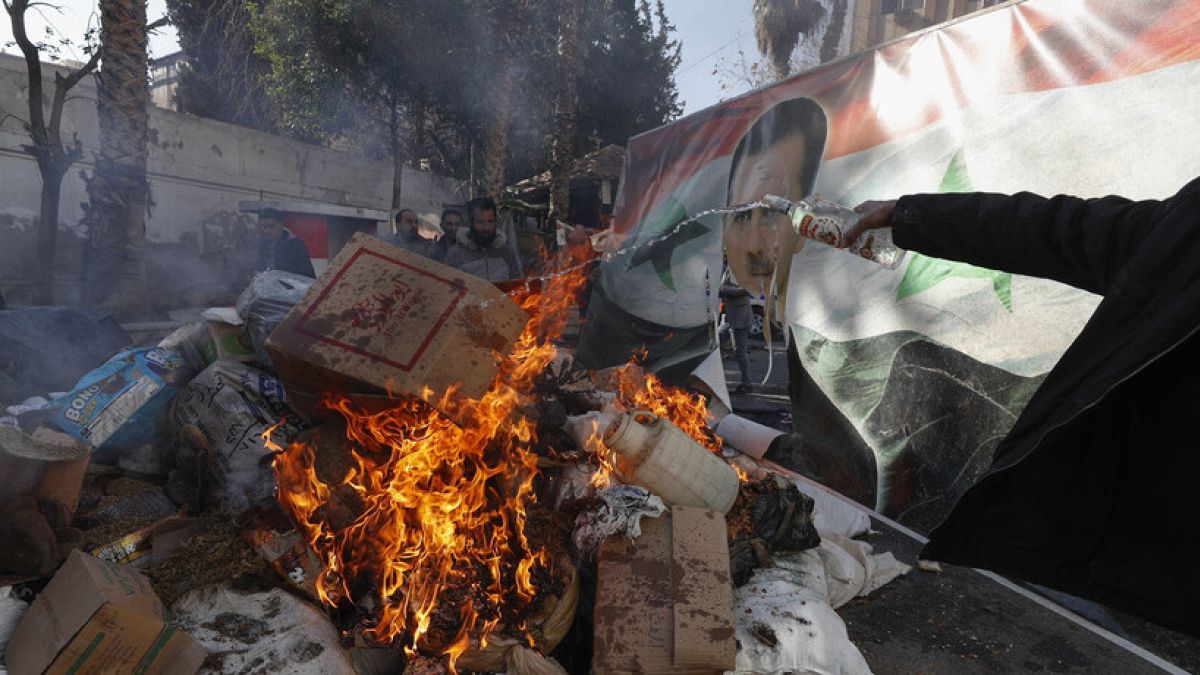Sixteen Chicago Housing Authority employees were fired and one has quit after an internal investigation found they committed federal program fraud when they submitted falsified Paycheck Protection Program applications to receive COVID-19 relief funds they were not entitled to, the agency confirmed.
“As a mission-driven organization that serves families, seniors and people experiencing housing insecurity, everyone who works at CHA must operate from a place of integrity,” CHA CEO Tracey Scott said in an emailed statement. “When one of us violates that trust, whether on the job or outside the job, it affects us all. While this is a difficult and disappointing moment for CHA, we will use it as an opportunity to hold ourselves to a higher standard and recommit to our values of integrity, consistency and accountability.”
The investigation from the housing authority’s inspector general was looking into all active CHA employees who were identified as having gotten the PPP loan but hadn’t previously received authorization to hold a second job, or hadn’t disclosed outside business income on their annual financial interest statements.
The inspector general found the employees submitted falsified applications to the Small Business Administration, according to a CHA spokeswoman. As a result, 16 CHA employees were fired on July 15 and the 17th resigned before the agency could act.
Sign up for The Spin to get the top stories in politics delivered to your inbox weekday afternoons.
The news follows a recent report from the watchdog that oversees Cook County government. He found four employees had committed “financial fraud directed at the federal government” by wrongly collecting roughly $120,000 in payroll protection plan loans intended to help businesses survive the pandemic. County Inspector General Patrick Blanchard recommended they be placed on the county’s do not rehire list.
Three had worked in financially sensitive county departments. A fourth, who worked at the county’s Board of Review, has already resigned. None are named in that report, which is regular practice of the office.
The Office of the Independent Inspector General, the county’s watchdog, has been “in contact with both federal and state officials regarding this line of OIIG investigations.”
The CHA did not immediately disclose the names or positions of the 17 employees, the amount of the PPP loans they received, or whether the agency’s findings have been referred to state or federal authorities.
CHA Inspector General Kathryn Richards has also been looking whether CHA residents and program participants committed potential pandemic relief fraud as part of a broader PPP Loan Fraud Initiative. In an email to the Tribune, Richards says she “will provide a fuller summary” of the investigation into the employees in her next regularly scheduled quarterly report in mid-October.
In her quarterly report released this past spring, Richards determined there was “a significant indicator” of such potential fraud, finding CHA participants had received $135 million in PPP loans.
The office identified matched CHA program participants to those who received PPP loans and found 6,280 people (either heads of households or family members) had received them. Of those, 3,053 received loans of $20,830 or more, indicating they reported annual business income of just under $100,000.
Another 2,520 PPP borrowers whose addresses matched CHA participant addresses were not authorized to live there by the agency.
“Given the widely reported, high level of fraud on the PPP loan program … the OIG views a vast number of these loans as suspect and potentially fraudulent,” the report said, “raising concerns” about whether those individuals misled the CHA about their income. The CHA sets income limits for voucher eligibility based on Housing and Urban Development guidelines. That voucher program subsidizes housing payments for lower-income families. For a family of four, for example, the 2022 income limit is $83,350.
In response, the department that runs the CHA’s housing choice voucher program told the inspector general roughly 5,600 participants who may have received a PPP loan and 2700 families with “unauthorized occupants who potentially used the subsidized unit addresses on applications for a PPP loan” had been mailed letters saying they must provide documentation of the “purported business income and the PPP loan.”
If those people don’t respond or provide the proper documentation, they might get kicked out of the CHA’s voucher program. The department is also following up with phone calls. The HCV program’s existing contractor “will review all documents to determine if participants submitted correct documentation and provide CHA-HCV a list of participants that require a notice of Intent to Terminate the voucher. Participants who fail to submit a hearing request will be terminated from the program. Participants who submit a hearing request will be granted the hearing,” the IG’s report says.










:quality(70)/cloudfront-us-east-1.images.arcpublishing.com/tronc/C3JSIO7ORBAKLNK5W74QTPJLK4.png)






Discussion about this post